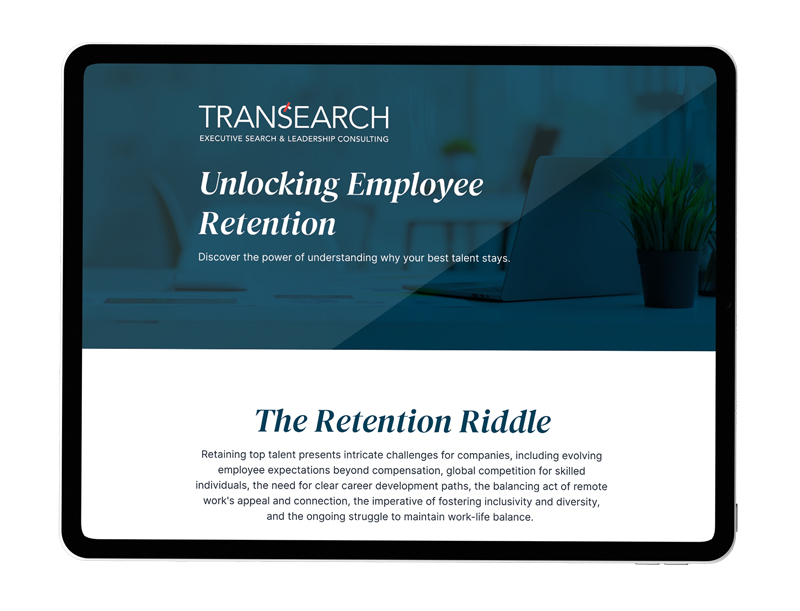Suppose you find yourself routinely thinking, talking, or worrying about work outside of business hours: something in your professional life is making you miserable. It may be time to start asking yourself some questions about job fit.
- Do you enjoy your job? Truly?
- Is it providing the kind of challenge and growth opportunities that you expect?
- How well does the comfort and familiarity in your role serve you?
- Are there specific people in the workplace that negatively affect your experience?
- Are you micro-managed?
- Does leadership value and appreciate your hard work?
Regardless of the reason, write down what you don’t like about the workplace so that you know precisely why you want to leave. This will help guide your decision.
If you uncover that the issue is your boss, you need to dig deeper and discover what to change to make the relationship healthier. Often, this involves identifying the elements of their management style or attitude that don’t work for you. Once you understand why the situation isn’t ideal, it becomes easier to look at solutions.
Take some time to consider the pros and cons of staying in your current role versus leaving. If everything else about your work environment is healthy and productive, and there are things you can address with your boss, then have a frank conversation about how you would like to improve your work relationship. Both of you must be open and honest with each other. It’s also imperative that you involve HR in these discussions.
If it seems impossible for the situation to improve, it might be time to quit that bad boss and find work that fits you better. Working for a bad boss can make your life unbearable, and it doesn’t have to be this way. With the right tools and tips, you can make the transition smoother and avoid your next job becoming another source of stress.
Work’s not working
If quitting seems like the best option, start looking toward finding a new job immediately. Give yourself permission to consider other job opportunities and make the switch.
- Is leaving the company the only option? It’s important to remember that quitting your bad boss doesn’t necessarily mean leaving your job altogether. You can stay in the same organization by finding another team or department with better leadership.
- Reach out to a recruiter. There are plenty of other opportunities out there. You have the power to make changes that will propel you toward success, so be sure to let recruiters know that you’re interested in a new position. They can help make finding a new job (with a boss you enjoy!) much more manageable.
- Prioritize yourself. When you ultimately resign, remember you have rights and responsibilities too. Don’t be afraid to speak up – if things have gone wrong and an agreement needs to be reached, make sure you are heard.
- Be professional. It’s essential to handle your departure professionally. You may be asked to provide an exit interview. In a candid but respectful way, open up about what didn’t work for you. You can leave on good terms by being upfront, honest, and firm.
Good leadership is essential
Author and business consultant Marcus Buckingham famously remarked: “People leave managers, not companies.” You deserve to work in a culture where you can thrive. Why stay in one that makes you feel unsafe, uncomfortable, and stressed? Why spend your leisure hours worrying and complaining?
Good leaders foster a sense of belonging among those on their team. They create a culture of productive communication where each team member feels heard and valued. Good leaders recognize their team members’ talents as precious assets and help to develop those vital resources further. Great leaders create an environment where employees feel empowered to overcome new obstacles and build their skills, creating a bright future for themselves.
You have the power
It is a great time to be a job seeker. EFCG reported in our Executive HR Roundtable that voluntary turnover in the AEC industry increased in 2022 to 13%, while involuntary turnover continued to drop to 2.5%. They suggest that candidates and employees currently hold the “bargaining power” in this tight labor market. Savvy HR leaders know this and carefully strategize how to hold onto their talent.
Resist the urge to feel trapped by this situation. Instead, recognize your power, and put your effort into finding a position that suits you.
Find your fit
Use what you learned in your current role to inform your next search so that you don’t fall into another dysfunctional leadership culture. When interviewing for new positions, ask thoughtful and well-prepared questions of all your interviewers, including questions about professional culture. Ask the management team about their leadership strategy. Remember: you’re interviewing them just as they are interviewing you.
In a good leadership climate, employees are well-positioned to take on new challenges and continue evolving professionally. And remember, good leaders foster a sense of belonging among those on their team – something a bad boss doesn’t do. So if you’re looking for an opportunity to grow and develop your skills, this is a great time to be a job seeker.
Apply to one of our open positions today!
















